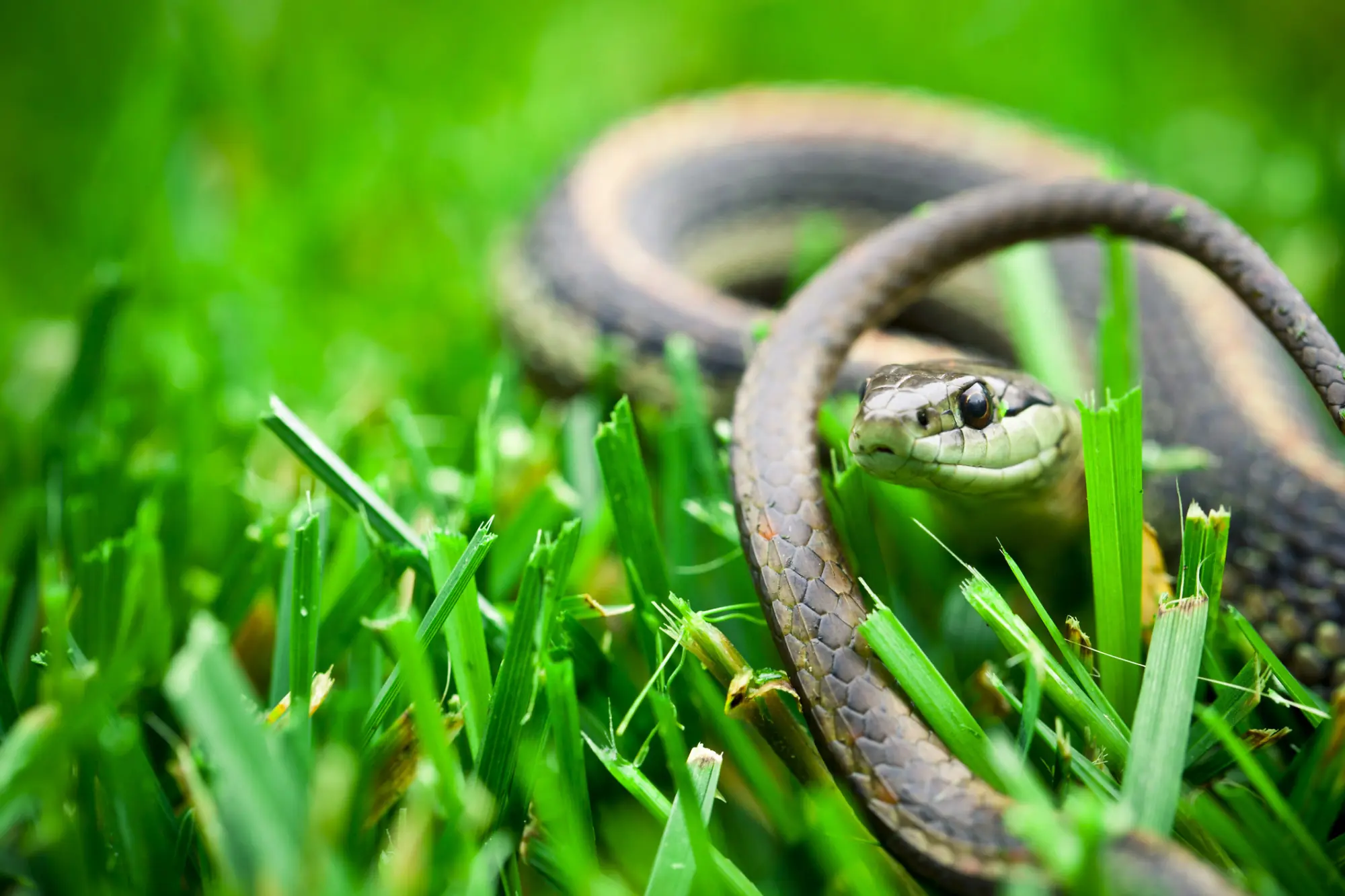
Mastering the Art of Seasoning: When to Add Spices for Maximum Flavor
Mastering the Art of Seasoning: When to Add Spices for Maximum Flavor
Seasoning is the soul of any dish, playing a crucial role in defining its taste and overall quality. However, not everyone knows the best time to add different spices during cooking. Should sugar go in at the beginning? When is the right time for fish sauce? Understanding these details can elevate your cooking to the next level.

The Best Time to Add Common Seasonings
Adding spices at the right moment enhances both the flavor and texture of your dish. Here’s when to incorporate different seasonings during the cooking process:
- Salt: Add early to help ingredients absorb the flavor. However, in soups or stews, it’s best to season towards the end to prevent the meat from becoming tough.
- Sugar: Best added at the start when making braised, caramelized, or stir-fried dishes to create a beautiful color and help the ingredients absorb sweetness.
- Coloring Oils (for broths and stews): Add while the water is boiling for an even and vibrant color.
- Fish Sauce: Should be added at the end to preserve its full aroma and prevent nutrient loss.
- Pepper, Garlic, and Onions: Typically added at the final stage or after turning off the heat to retain their natural fragrance.
- Fresh Herbs (scallions, cilantro, basil, and other fragrant ingredients): Best added after cooking or while the dish is still hot.
Optimal Seasoning Timing for Different Cooking Methods
- Soups & Stews: Add salt early, fish sauce towards the end, and fragrant seasonings (like herbs and spices) just before serving.
- Stir-Fried Dishes: For vegetables, season quickly and early; fish sauce or soy sauce should be added near the end.
- Braised & Caramelized Dishes: Add sugar and salt early, while fish sauce should go in either at the beginning or near the end.
- Fried Dishes: Marinate ingredients beforehand. After frying, only minor seasoning adjustments (like adding pepper or fresh herbs) can be made.
By mastering the timing of seasoning, you can enhance flavors, retain nutrients, and create perfectly balanced dishes for your family.
How Long Do Spices Last After Opening?
Once opened, different seasonings have varying shelf lives. Here’s how long some common condiments remain good for:
- Ketchup: According to the USDA, ketchup lasts up to six months after opening due to its high acidity, which inhibits bacterial growth.
- Mayonnaise: When stored properly, an opened jar can last two months in the fridge.
- Hot Sauce: Typically stays fresh for one year after opening, thanks to its vinegar content, which acts as a natural preservative.
- Salad Dressing: Depending on acidity levels, creamy dressings last 1-3 months in the fridge, while oil-based vinaigrettes last longer due to their higher acidity.
- Mustard: Can remain safe for one year if refrigerated, as mustard seeds contain natural antibacterial properties.
Proper storage ensures seasonings stay fresh longer, allowing you to maximize their flavor and nutritional benefits.
News in the same category

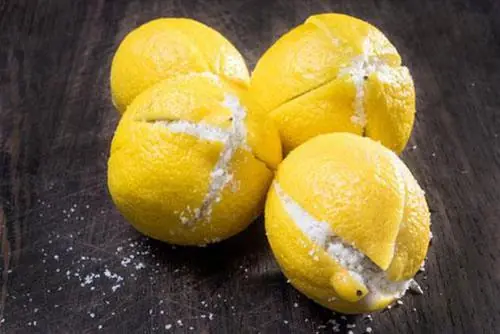
Little-known benefits of placing lemon with salt in the room

Why Sprinkling Salt on a Gas Stove Is a Smart Household Trick

A Simple Kitchen Trick: Add This Fruit When Boiling Duck to Remove Odor and Boost Flavor

Never store your cooked rice without knowing this
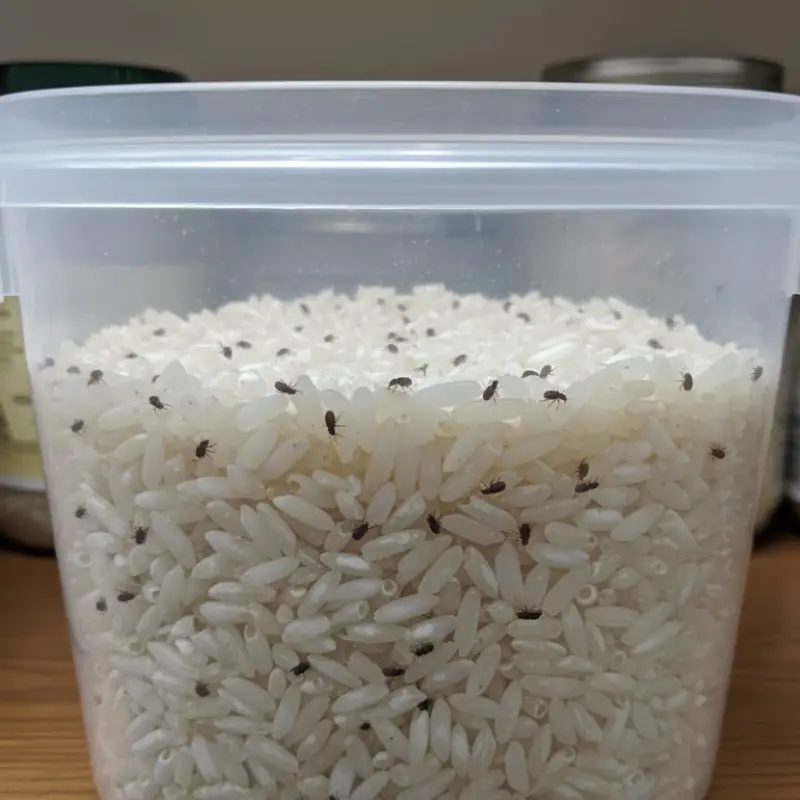
How to store rice to prevent insects and mold: Tips to keep rice fresh and flavorful

Why placing a roll of toilet paper in the fridge can effectively remove odors?

Why Should You Place Garlic by Your Bedside at Night? Everyone Will Want to Try It Immediately

6 plants that snakes are strongly attracted to, and 3 that naturally keep them away
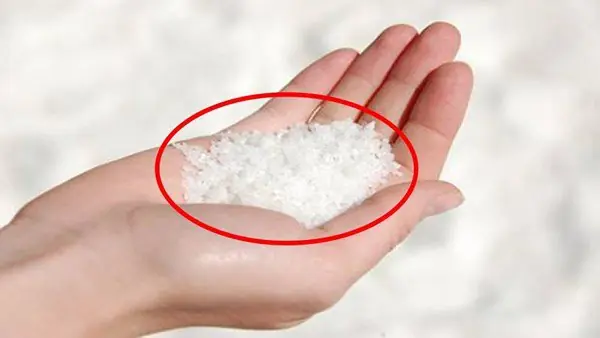
Sprinkling salt in door cracks: A simple habit with surprising meaning and practical benefits

Goodbye fleas, ants, and cockroaches with this home remedy
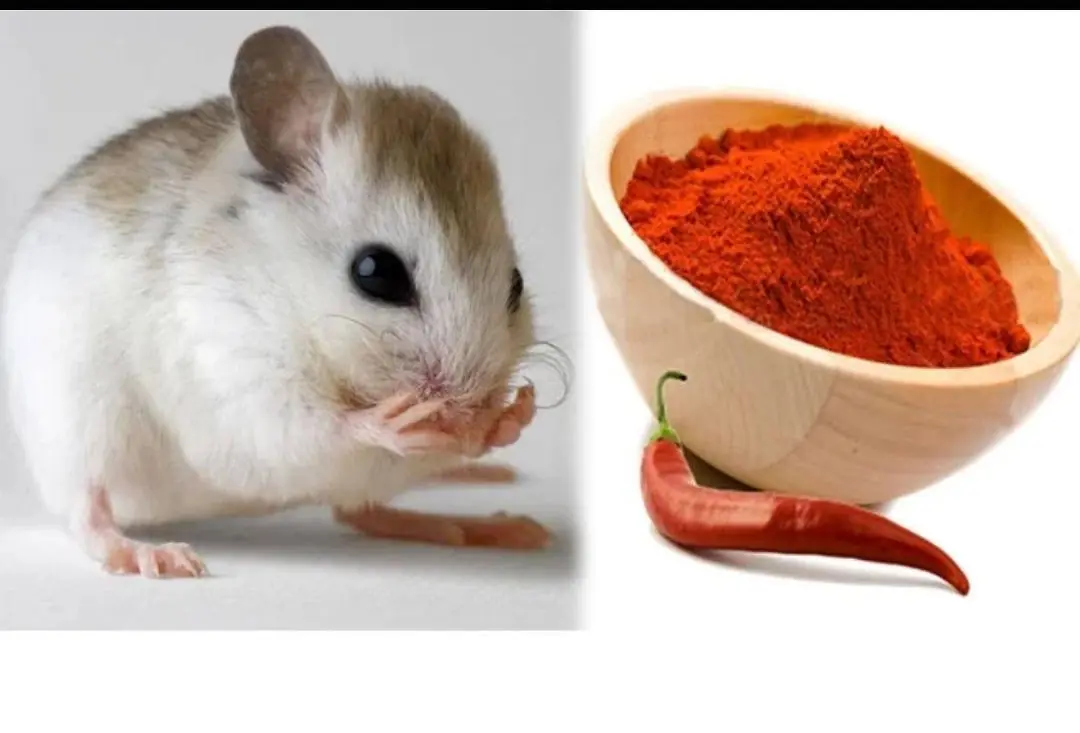
3 Easiest Ways to Get Rid of Mice in Your House
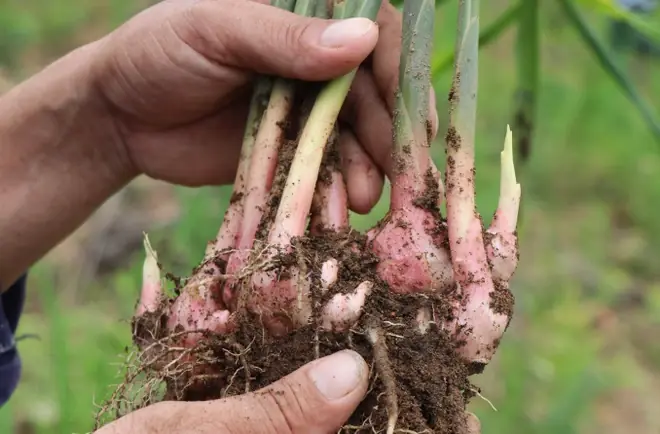
How to grow ginger at home easily and enjoy fresh ginger all year round
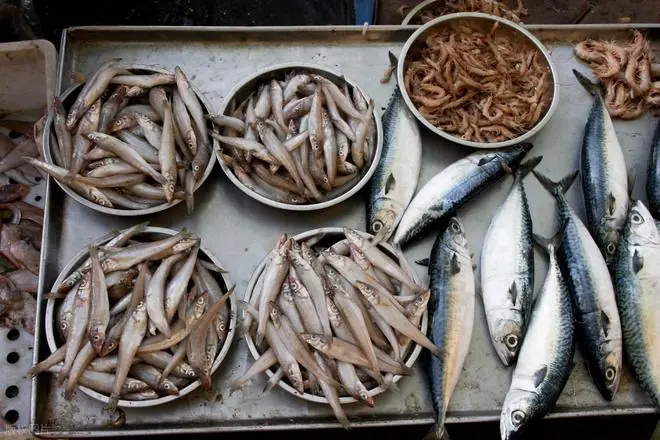
4 Types of Fish That Are Prone to Heavy Metal Contamination — Even Sellers Rarely Eat Them

Electrical devices to unplug during storms, thunder, and lightning

The Military Sleep Technique That Can Help You Fall Asleep in 2 Minutes

Why shouldn't you set the air conditioner to 26°C at night?
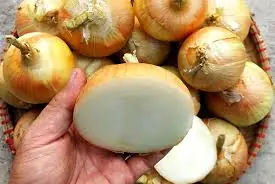
9 out of 10 people store onions incorrectly: Here's why you shouldn't keep them in the fridge

Smart travel tip: Why you should toss a water bottle under your hotel bed?

Don't throw away your yellowed white shirts - try this soaking method to make them bright and as good as new
News Post

Always Throw a Water Bottle Under the Hotel Bed: A Flight Attendant Reveals Why

Drinking These 4 Common Beverages Could Be Harming Your Kid.neys
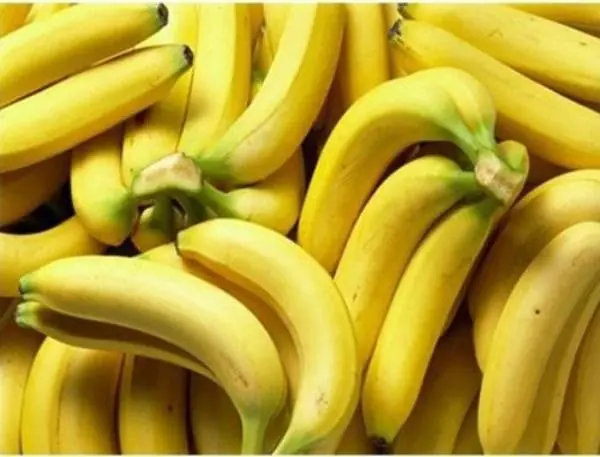
What a Daily Banana Could Mean for Your Blo.od Pressure?

When a Family Member Passes Away, Don’t Throw Away These 4 Important Things

Waking Up at Night to Urinate? Read This

A 14-Year-Old Girl Diagnosed with Colorectal Can.cer: Doctors Warn—It’s Better for Children to Skip Breakfast Than Eat These 4 Types

Every woman likes to be touched in these "3 places" on her body, especially the first place

Plants That May Attract Snakes to Your Home: What You Should Know
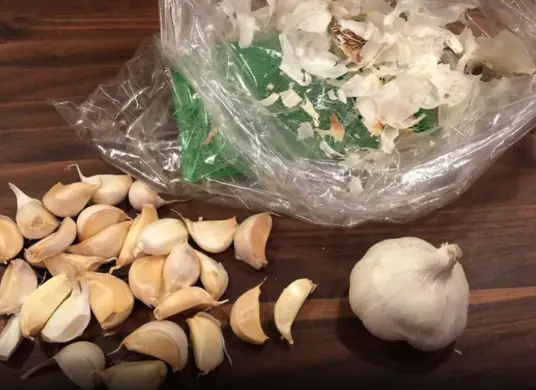
Garlic peels are not trash, don't rush to throw them away

Say Goodbye to Joint and Foot Pain with a Relaxing Rosemary Bath

If You See A Man With One Painted Fingernail, Here’s What It Means

Dog ticks bit 3 people in a family, 2 died: If you can't keep them clean, don't keep them, they're full of diseases

Don’t Ignore These 7 Early Heart Attack Warning Signs

Drink coconut water on an empty stomach for 7 days, kill 10 birds with one stone: it's a waste not to try it

8 Natural Remedies for Sinus Infections That Work Without Antibiotics
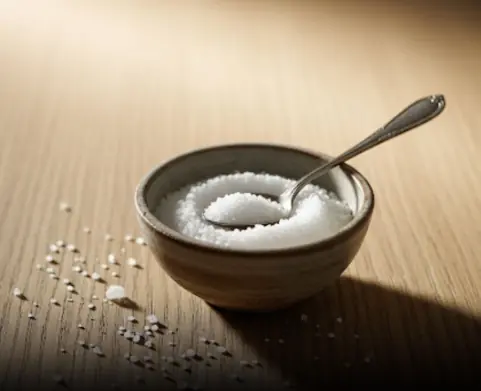
This One Superfood Could Tackle Major Health Issues—Here’s What You Need To Know

If You’re Farting More Than 25 Times a Day—It Might Be a Sign Your Body is Trying to Warn You

Preventing Stroke At Any Age: 3 “Don’ts” After Meals—And 4 “Don’ts” Before Bed

Why You Might See Unusual White Bumps On Your Lips Or Genitals
